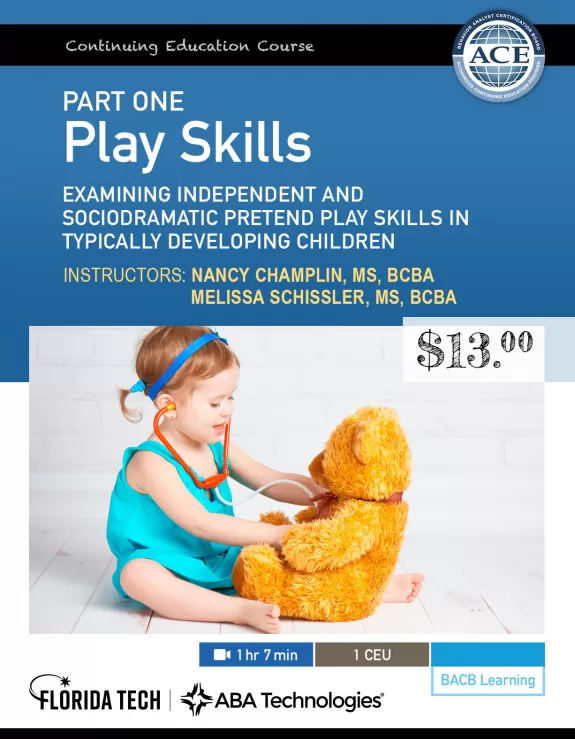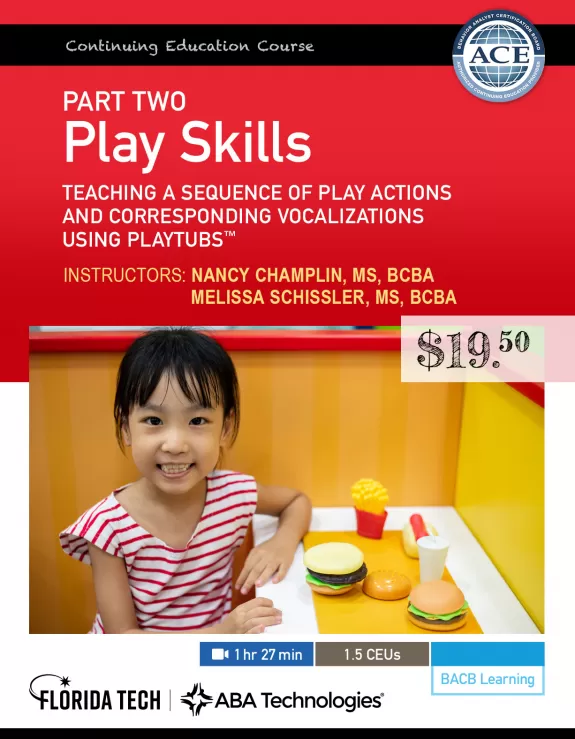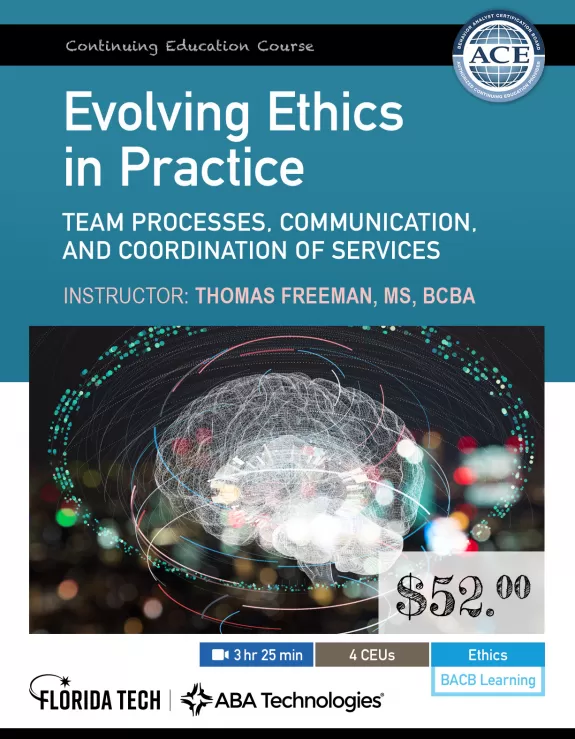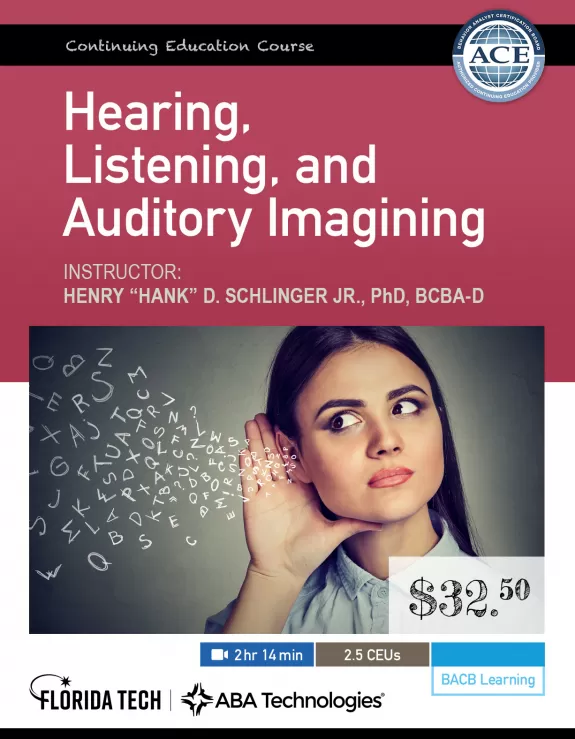Examining Independent and Sociodramatic Pretend Play Skills in Typically Developing Children
Abstract
Pretend play skills start to develop around 2½ to 5 years old, but how are these skills taught if they are not naturally occurring? How can pretend play impact other areas of learning? Nancy Champlin and Melissa Schissler overview their research on independent and sociodramatic play in relation to other developmental domains. Champlin and Schissler provide data and video examples on the independent and sociodramatic play and language skills of typically developing children ages 2½ to 5 years old and an analysis of the number and types of play actions, frequency of vocalizations, the object, and agent utilized during play, frequency of advanced play skills and the essential skills to sociodramatic play. They examine how, through play, children acquire various skills critical to their development, including language and social skills, and how the long-term effects of an impoverished play repertoire are observed in social interactions later in life.
Learning Objectives
What you’ll learn in the course and be able to do afterward
- After a review of previous research and child developmental domains, you will be able to
- analyze the play actions and vocalizations of typically developing children, ages 2½ to 5 years, during independent and sociodramatic play;
- identify five elements of pretend play including category, agent, object, advanced play, and the essential skills for sociodramatic play.
- Based, strictly upon the data provided, you will be able to
- identify, what are considered high-quality toys;
- identify preferred playschemes across age and gender during sociodramatic play for study participants;
- compare pretend play production across age and gender for independent and sociodramatic play.
Partnership
This course is delivered through Florida Tech. Clicking "Enroll Now" will take you to Florida Tech’s website where you can Add to Cart, Checkout, and complete the course. Come back to our website for podcasts, blogs, courses, and content.



